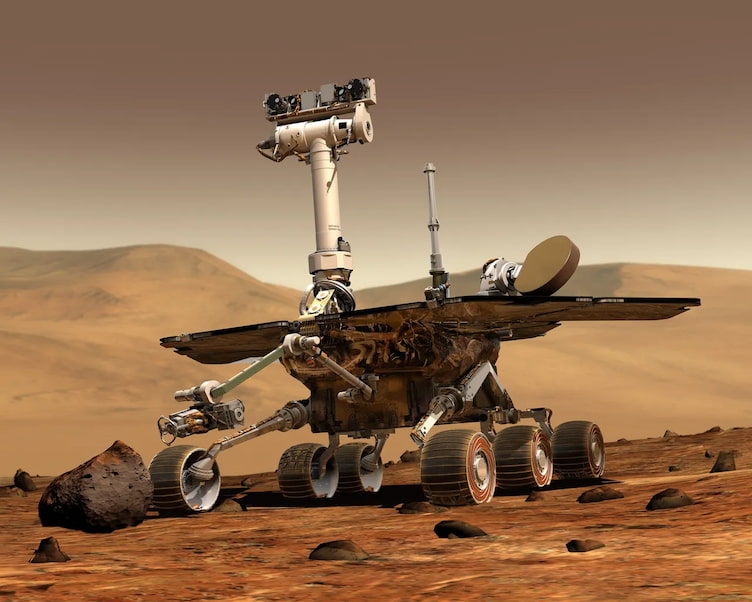
Overlay Section - Title
Hollywood has long been a place where the imagination has no boundaries and futuristic transportation has become a marker in iconic movies throughout the past two decades. Today, thanks to advancements in technology, what was once thought impossible has become a reality and the future of transportation is a highway of possibilities.
Mining is already responsible for advancements today and will continue to have transformative effects in the future of transportation: Many of the materials and resources needed to support the advancement of transportation technologies begin with the metals and minerals produced from mining.
Battery Technology Advancements
The mining industry plays a crucial role in extracting the minerals required for batteries used in electric vehicles. As transportation shifts toward electrification, the demand for lithium, graphite, copper, cobalt, nickel, and rare earth elements used in batteries will continue to grow. Mining efforts in the United States, in particular mineral-rich states such as Alaska, will need to expand production to meet this demand and necessary transition to lower greenhouse gasses. Increased domestic production not only impacts national security and mineral independence, but it also could lead to increased exploration for new mineral deposits and potential advancements in mining techniques.
Lightweight Materials
Advanced transportation modes, such as aerospace and high-speed trains, require lightweight yet strong materials to improve efficiency. Mining provides access to metals like aluminum and titanium, which are vital in constructing lightweight components for aircraft and other transport vehicles.

Rare Earth Elements for Advanced Electronics
Rare earth elements like neodymium and dysprosium are essential for manufacturing advanced electronics and electric motors used in EVs, and other green transportation technologies. As transportation becomes more reliant on these innovations, the U.S. will need to explore increasing domestic access to REEs to support the growth of these technologies.
Hydrogen Fuel Production
Hydrogen fuel cells have gained attention as a potential clean energy source for transportation. While the most common method of producing hydrogen is through electrolysis, an alternative is extracting it from natural gas via a process called steam methane reforming. This underscores the link between mining and the hydrogen-based future of transportation.
Infrastructure Development
The expansion of transportation networks, such as roads, bridges, tunnels, and railway systems, require significant amounts of construction materials such as concrete, steel, and aggregates. The mining industry supplies these essential materials, ensuring the growth and maintenance of modern transportation infrastructure.
Autonomous Vehicles and Sensor Technology
Mining provides the raw materials necessary for sensor technologies and electronics used in autonomous vehicles. From LiDAR sensors to radar components, the mining industry contributes to the development and widespread adoption of autonomous transportation.
Space
While still in its infancy, the prospect of mining resources on the Moon or asteroids, could significantly impact future space transportation. The availability of resources like water ice for fuel production and construction materials could enable more sustainable and cost-effective space missions.

Responsible and sustainable mining practices in the U.S., where regulatory oversight is robust and includes monetary bonds as well as defined reclamation laws, will be key to shaping a positive future for transportation and beyond.
According to Built In there are 12 future transportation technologies to watch, all of which will require metals and minerals to fuel their technologies:
- Autonomous Aerial Vehicles
- Delivery Drones
- Autonomous Cars
- Flying Hotel Pods
- Flying Taxis
- Hoverbikes
- Hyperloop
- Maglev Trains
- Micromobility
- Self-Driving Taxis
- Smart Roads
- Underground Tunnels


.webp)
.jpg)
.jpg)

